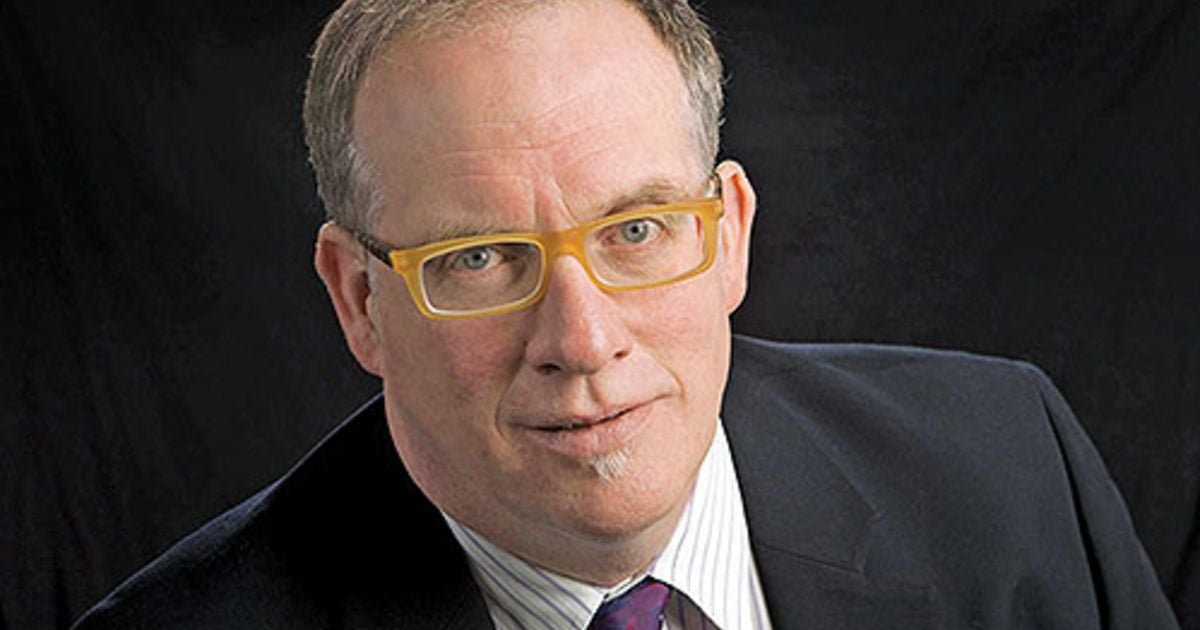
The best part about attending this month’s Management Briefing Seminars in Traverse City, Mich., was picking up the industry buzz.
Every year, smart people take the stage a few hours’ drive north of Detroit to give presentations during the dayslong MBS, which has been hosted for years by the Center for Automotive Research.
But if you’re a regular attendee, you know it’s really the buzz in the hallways and coffee breaks and evening receptions that provide a barometer of what auto industry executives think, what they know, what they want and sometimes even what they quietly fear about the business’ near-term future.
This year — no surprise — the biggest buzz around the gathering was the worldwide shift to electric vehicles. EV sales outlooks, EV battery technologies, EV charging networks and the technical challenges entwined in all of it.
The chatter fell into three camps.
Camp No. 1 was a segment of people who expressed the exhilarated feeling that a new era is sweeping over the automotive world as vehicle manufacturers dream up new models and new segments with new features and new components and new assembly lines with new tooling and new supply chains and new work forces with new skills.
How can you not get caught up in that?
But Camp No. 2 could be labeled “the voices of caution.”
Not buzzkillers, because no one can possibly kill a buzz so big that it’s reshaping company plans from Munich to Michigan and back. But rather, the voices of people who are saying, “Maybe we should just be careful about rushing into this new world of electric vehicles.”
Joe McCabe, CEO of forecasting firm AutoForecast Solutions, was a voice from Camp No. 2.
“All I’m saying is that the forecast we see doesn’t line up with what automakers are saying they’re going to produce in EVs by 2030,” McCabe said outside an auditorium of seminar attendees. “The car companies are saying they expect to be at more than 60 percent battery-electric vehicle sales in 2030. I say it will only be at 42 percent. That’s going to be a problem for somebody.”
There are dangers in the breathless pursuit of EV plans, he warned. But one in particular is this: When the moment comes that an automaker switches from its traditional internal combustion product line to a newly developed electrified one, there’s really no going back. It’s not a product change that can be hedged, like the move from big-engine vehicles to economic fuel-efficient small cars, circa 2009. Or the shift in factory capacity from sedans to crossovers, circa 2012. Those decisions can be undone in the relative blinking of an eye.
But the changeover to EVs is essentially a strategic move that renders existing platforms, powertrains, assembly lines and supply chains obsolete. Suppliers to EV programs are largely betting the house that their automakers’ assumptions about what consumers are going to want in the next six to seven years will be correct.
“When you create a clean-sheet BEV product line,” McCabe said, “you can’t undo it. If the automaker gets it wrong, you can’t un-ring that bell.”
But around Traverse City, there was also the buzz of a Camp No. 3.
And you could call those people the pragmatists. As in, “Yes, this whole thing is a gamble. And yes, there are uncertainties and leaps of faith and still-unresolved holes in the technologies that will be needed to make EVs practical around the world — all true. But the party is rollicking on no matter what, so get on board.”
According to the voices of Camp 3, the coming electric future is not so much a question of “Should we plunge or should we stay safely on the side of the pool?” The question is: “Since we have no choice but to embrace the fast-moving transformation, how can we still move forward with caution and wisdom?”
You get the impression talking to Paul Thomas of Bosch in North America that he is clear and confident in everything he’s doing, and has no doubts about where he’s going to focus his attention when he takes on the role of president of Bosch Mobility Americas in January. But he is candid in acknowledging that none of this is easy for anybody.
What keeps him awake at night, he said in a Traverse City meeting lounge, is making sure Bosch explores every new opportunity — while still keeping its traditional businesses up to date and competitive.
That’s true for Bosch and true for the voices of exhilaration and the voices of wariness. And really, it’s true for any business as it approaches the future.